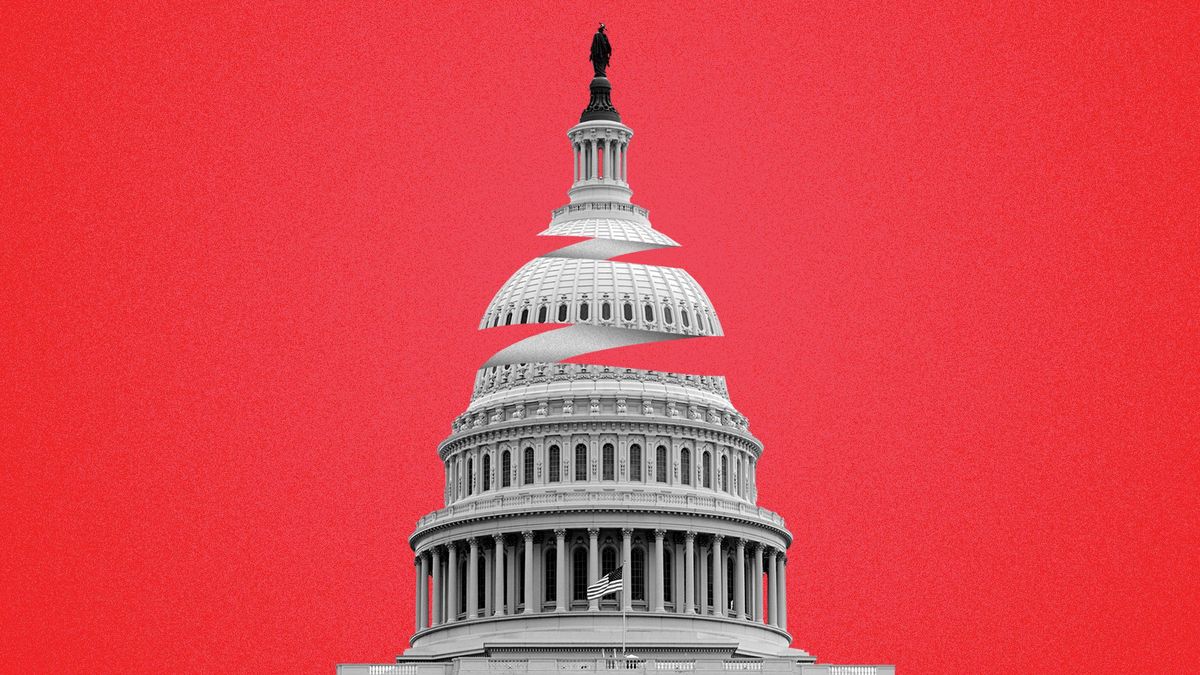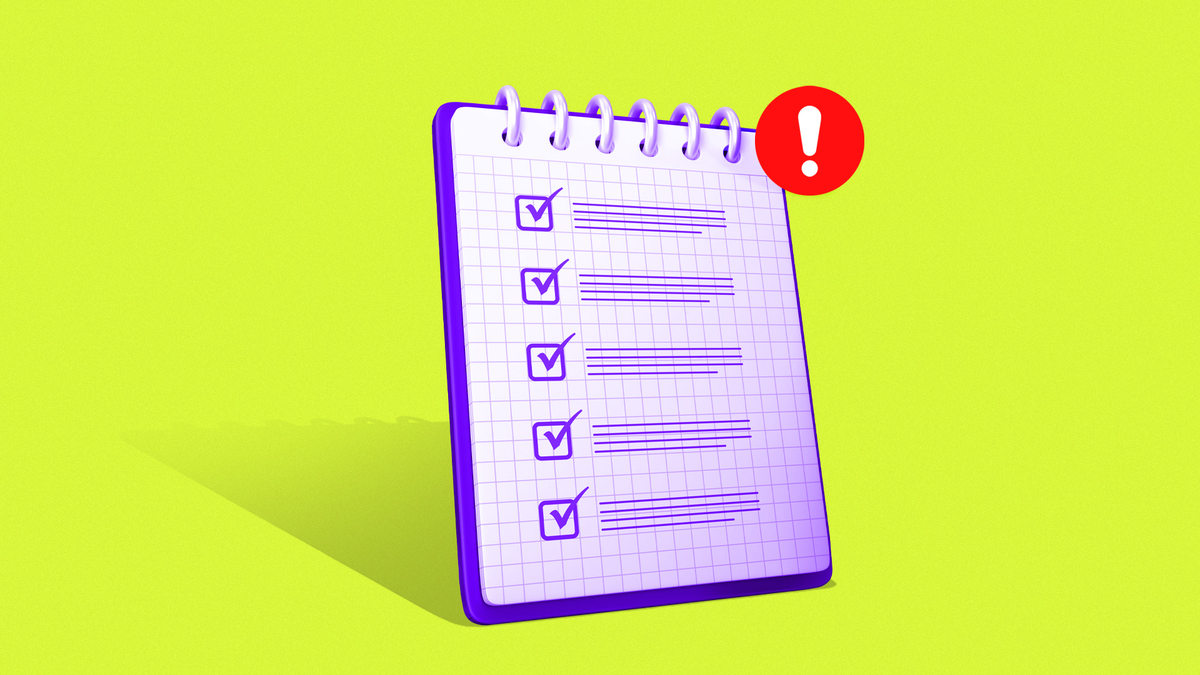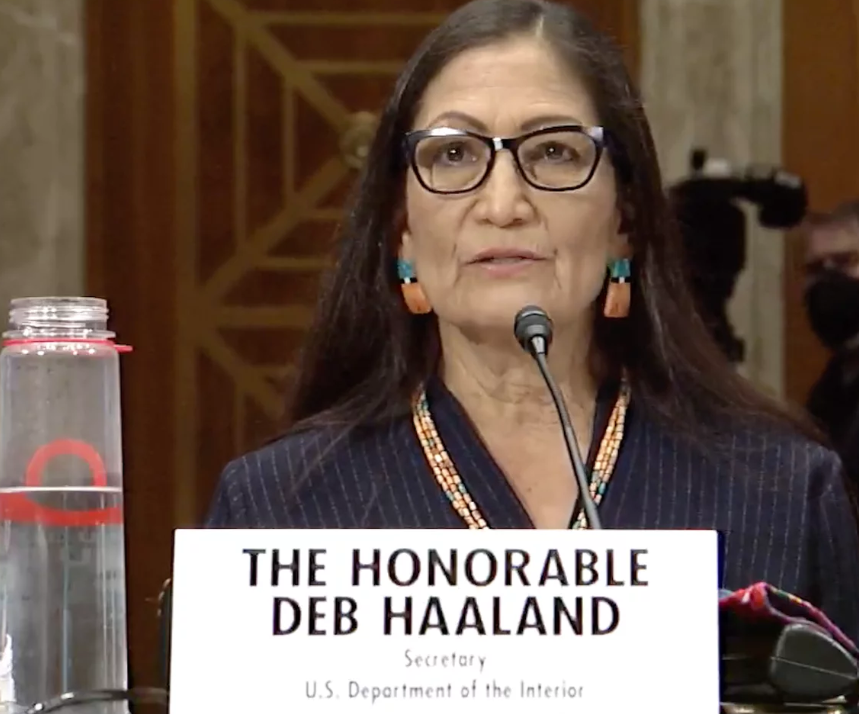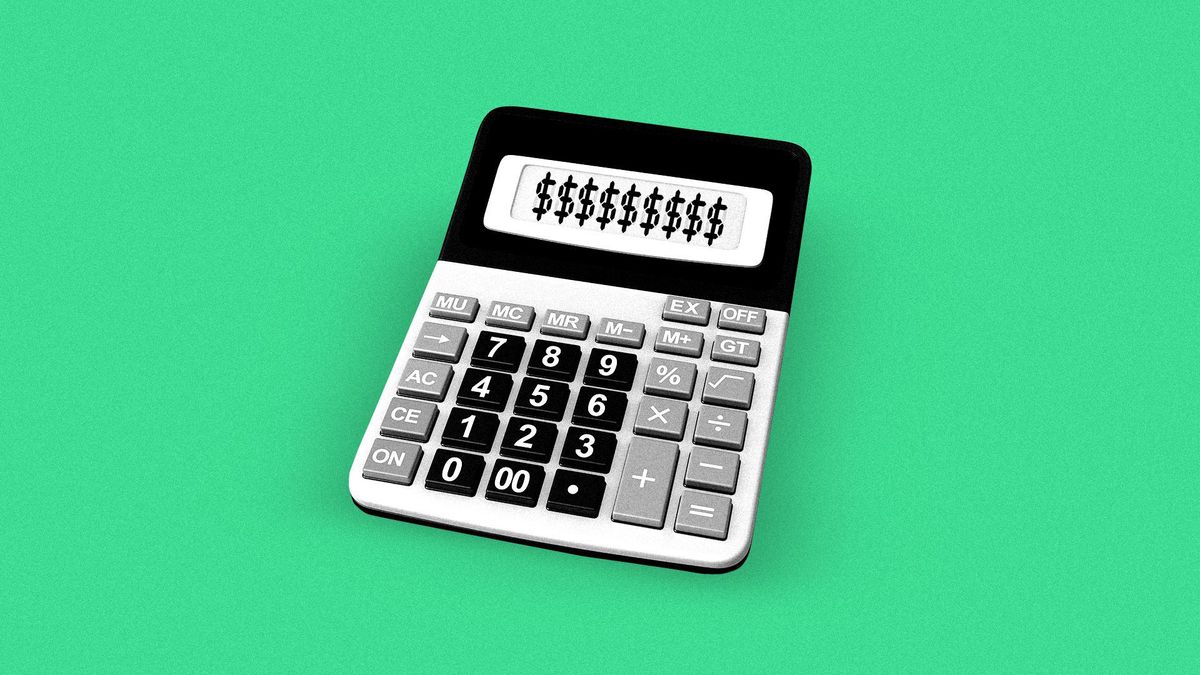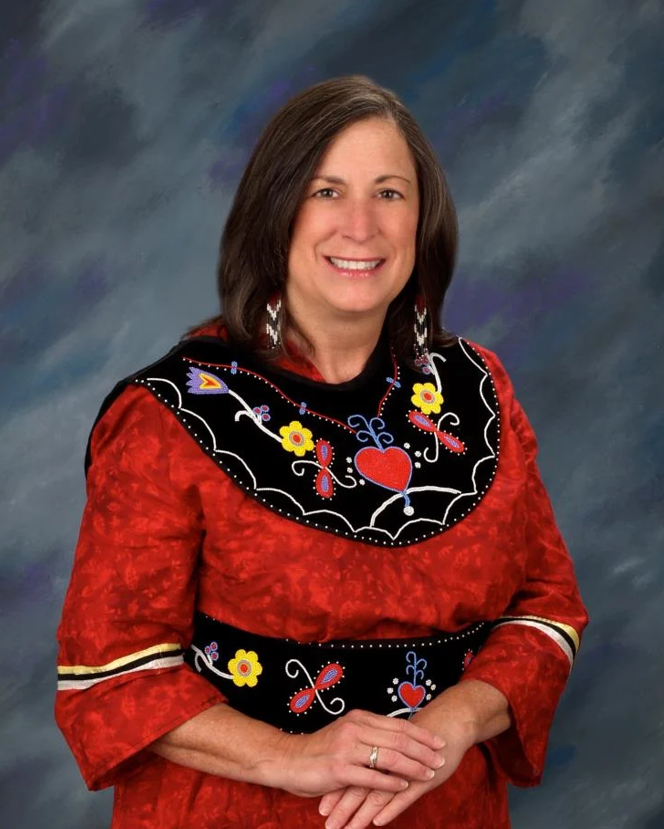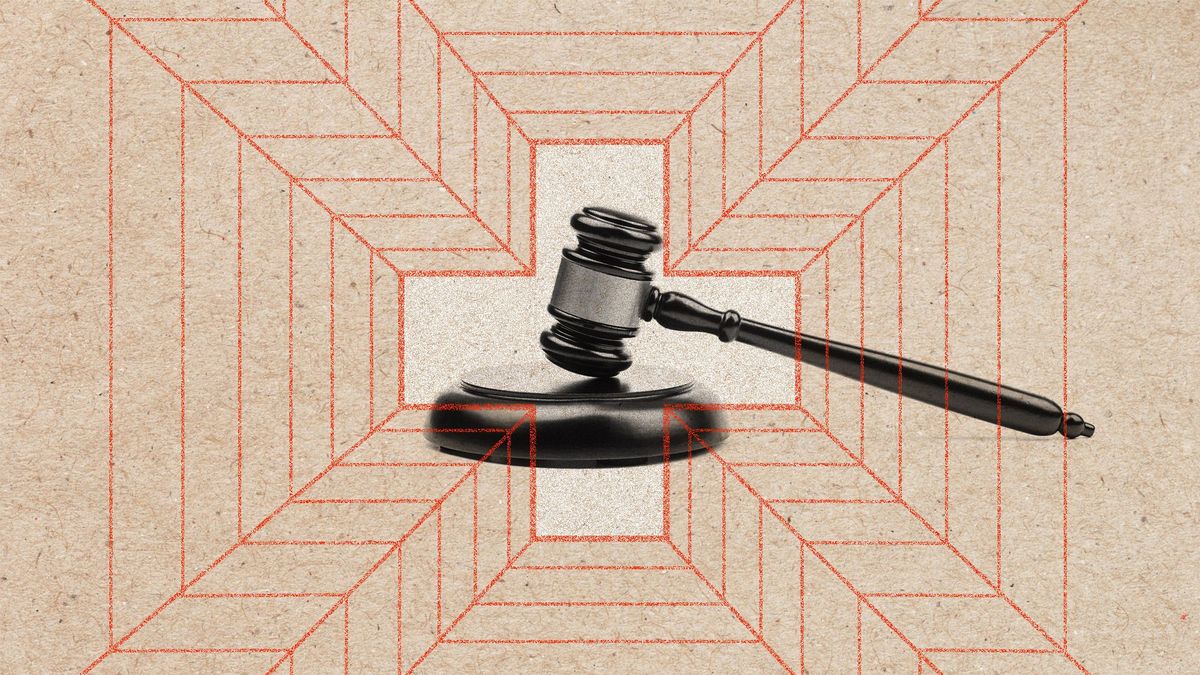House Appropriations Committee Approves Labor-HHS Bill with Funding Increases for Indian Country
On June 30, 2022, the House Appropriations Committee approved its fiscal year (FY) 2023 Labor, Health and Human Services, Education, and Related Agencies funding bill by a 32-24 vote. The bill authorizes $124.2 billion for the Department of Health and Human Services (HHS)— an increase of $15.6 billion above the FY 2022 enacted level and $298 million below the President’s budget request. Other key provisions include a set-aside at the same FY 2022 funding levels of $15.6 million for IHS facilities/Tribally-Operated Health Programs/Urban Indian Health Programs under the National Health Service Corps (NHSC) Loan Repayment Program, increased funding for the Good Health and Wellness in Indian Country (GHWIC) program, increased funding for the Native Connections grant for behavioral health, and increased American Indian/Alaska Native (AI/AN) set-aside funding for Zero Suicide grants. A more detailed analysis follows below.
Despite advocacy by the National Council of Urban Indian Health and Congressional support, urban Indian organizations (UIOs) were not included in the Substance Abuse and Mental Health Services Administration (SAMHSA) State Opioid Response (SOR) grant, which is increased by $250 million above the FY 2022 enacted level in the Committee’s funding bill for FY 2023. The tribal set-aside for this grant was increased by $15 million above the FY 2022 enacted level. The opioid epidemic impacts all AI/ANs regardless of residence and NCUIH will continue to advocate for UIO inclusion in these critical opioid grants.
Bill Highlights
Centers for Disease Control and Prevention (CDC)
- Bill Report: “The Committee recommendation for the Centers for Disease Control and Prevention (CDC) program level includes $9,540,696,000 in discretionary budget authority, $55,358,000 in mandatory funds under the terms of the Energy Employees Occupational Illness Compensation Program Act, and $903,300,000 in transfers from the Prevention and Public Health (PPH) Fund.” The bill funds the CDC at $10.5 billion, an increase of $2 billion above the FY 2022 enacted level and $231 million below the President’s budget request.
GHWIC
- Bill Report: “The Committee’s recommended level includes an increase of $4,000,000 for Good Health and Wellness in Indian Country.”
National Institute of Health (NIH)
- Bill Report: “The Committee recommendation for the National Institutes of Health (NIH) program level includes $46,038,300,000 in discretionary appropriations and $1,420,700,000 in Public Health Service Act (PHS Act) section 241 evaluation set-aside transfers.” The bill provides a total of $47.5 billion for NIH, an increase of $2.5 billion above the FY 2022 enacted level.
Improve Native American Cancer Outcomes
- Bill Report: “The Committee continues to be concerned that Native Americans experience overall cancer incidence and mortality rates that are strikingly higher than non-Native populations and encourages NCI to expand research efforts to reduce American Indian cancer disparities and improve outcomes. The Committee notes NCI’s successful efforts through the Cancer Moonshot’s Accelerating Colorectal Cancer Screening and Follow-Up through Implementation Science (ACCSIS) program, and parallel efforts by NCI Designated Cancer Centers collaborating with American Indian communities, that are improving colorectal cancer screening, follow-up, and referral for care among populations that have low colorectal cancer screening rates. The Committee encourages NCI to continue efforts such as the ACCSIS initiative to develop durable capacity for tribally-engaged cancer disparities research through an integrated program of research, education, outreach, and clinical access.”
SAMHSA
- Bill Report: “The Committee recommendation for the Substance Use And Mental Health Services Administration (SAMHSA) program level includes $9,024,713,000 in discretionary budget authority, $133,667,000 in Public Health Service (PHS) Act section 241 evaluation set-aside transfers, and $12,000,000 in transfers from the Prevention and Public Health Fund (PPHF).” The bill funds SAMHSA at $9.2 billion – an increase of $2.6 billion above the FY 2022 enacted level.
State Opioid Response Grants:
- Bill Report: “The Committee includes $1,775,000,000 for State Opioid Response (SOR) grants, an increase of $250,000,000. The Committee further directs SAMHSA to ensure that these resources continue to be managed by State alcohol and drug agencies defined as the agency that manages the Substance Use Prevention and Treatment Block Grant under part B of title X of the PHS Act. This approach will ensure continuity of funding, effective coordination of efforts, and decrease fragmentation within each State system. The Committee supports efforts from SAMHSA through SOR grants to expand access to SUD treatments in rural and underserved communities, including through funding and technical assistance. The Committee encourages SAMHSA to continue to focus on expanding access to evidence-based MOUD in counties that lack providers who are actively dispensing or prescribing MOUD.” The bill provides $1.8 billion for State Opioid Response Grants, an increase of $250 million above the FY 2022 enacted level, and $65 million for Tribes, an increase of $15 million above the FY 2022 enacted level.
- Does not apply to UIOs
Zero Suicide Grants
- Bill Report: “The Committee includes an increase of $5,000,000 for the implementation of the National Strategy for Suicide Prevention, including raising suicide awareness, establishing emergency room referral processes, and improving clinical care practice standards. In addition, funding will further support the Zero Suicide model, a comprehensive, multi-setting approach to suicide prevention in health care systems. The Committee also includes an increase of $1,000,000 for the American Indian/Alaska Native (AI/AN) Suicide Prevention Initiative.” The bill funds the Zero Suicide AI/AN set-aside at $3.4 million.
Medication Assisted Treatment
- Bill Report: “The Committee includes an increase of $35,500,000 for Medication Assisted Treatment (MAT) for Prescription Drug and Opioid Addiction; an increase of $4,500,000, for grants to Indian Tribes, tribal organizations, or consortia; and an increase of $224,000 for general Targeted Capacity Expansion activities.”
Tribal Behavioral Grants (Native Connections)
- Bill Report: “The Committee includes an increase of $4,250,000 to expand efforts to address the high incidence of substance misuse and suicide among AI/AN populations.” The bill provides a total of $25 million for Native Connection grants.
Health Resources and Services Administration (HRSA)
- Bill report: “The Committee recommendation for HRSA includes $9,295,951,000 in discretionary budget authority, $256,370,000 in mandatory funding and $15,200,000 in trust fund appropriations for the Vaccine Injury Compensation Program Trust Fund, and $7,000,000 for the Countermeasures Injury Compensation Program.” The bill includes $9.6 billion for HRSA, an increase of $683 million above the FY 2022 enacted level and $792 million above the President’s budget request.
Health Centers Program
- Bill Report: “The Committee recommends $1,945,772,000 for the Health Centers program, $198,000,000 above the fiscal year 2022 enacted level and $107,750,000 above the fiscal year 2023 budget request. Health Centers deliver affordable, accessible, quality, and cost-effective primary health care to millions of people across the country regardless of their ability to pay. Programs supported by this funding include community health centers, migrant health centers, health care for the homeless, and public housing health service grants.”
NHSC
- Bill Report: “The Committee includes $155,600,000, an increase of $34,000,000 above the fiscal year 2022 enacted level, for NHSC to support competitive awards to health care providers dedicated to working in underserved communities in urban, rural, and tribal areas. Within this total, the Committee includes an increase of $10,000,000 for loan repayment for mental and behavioral health providers, including peer support specialists, that serve in crisis centers, as described in the fiscal year 2023 budget request. The Committee also includes $15,600,000, the same as the fiscal year 2022 enacted level, within the total to support NHSC awards to participating individuals that provide health services in IHS facilities, Tribally-Operated Health Programs, and Urban Indian Health Programs.”


